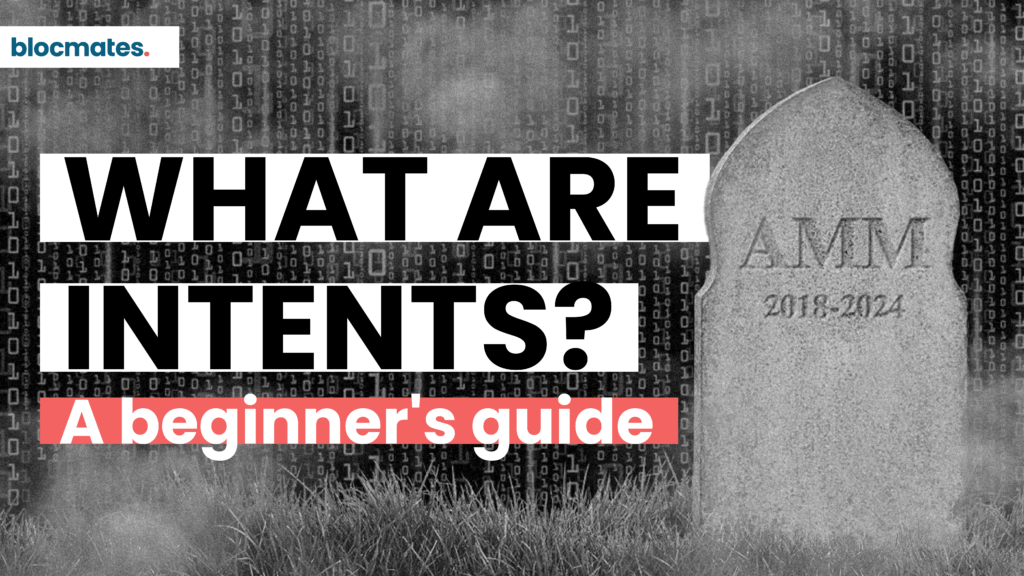Podcast Summary
In this podcast, the hosts, Tommy and John Girl, engage in a detailed discussion with Christopher Goes, the co-founder of Heliacs, the team behind Anoma and Nomad. The conversation revolves around the concept of “intents” in the blockchain ecosystem, the structure and design of ANOMA, and the importance of privacy in financial transactions. The podcast also delves into the limitations of Ethereum, the emergence of intent-centric applications, and the future of transparent blockchains.
Key Takeaways
Understanding “Intents” in the Blockchain Ecosystem
- Concept of Intents: Christopher Goes explains that users will only use a blockchain if they have a specific intent or purpose, whether it’s to execute an action or achieve a goal. He expresses his concerns about the direction of the ecosystem, particularly in the decentralized finance (DeFi) space, and the need for a coherent theory of product that aligns with users’ intentions and desires.
- Implementation of Intents: The podcast discusses the implementation of intents in Ethereum and Quiver. ANOMA is an architecture built around intent, which already exists in Ethereum and other ecosystems. In Ethereum, applications have intermediary agents between users and the blockchain, settling user intents on-chain. ANOMA recognizes this trend and builds an architecture to standardize intent processing.
Structure and Design of ANOMA
- Handling Heterogeneous Trust and Privacy Requirements: ANOMA can leverage any protocol in a distributed system to help users achieve their desired outcomes. The importance of verifying transactions and preserving integrity guarantees in the Ethereum ecosystem is highlighted. Solvers play a crucial role in counter-party discovery, matching user intents, and performing complex computations.
- Addressing Ethereum’s Limitations: The limitations of Ethereum, such as the ordering dependence of the EVM and the need for users to specify the order of computation, make it challenging to achieve the desired structure in ANOMA. Users often do not care about the ordering dependence and are more concerned with getting the desired results.
Importance of Privacy in Financial Transactions
- Privacy Concerns with Ethereum: The podcast discusses the limitations of the Ethereum Virtual Machine (EVM) in terms of privacy and user-defined privacy. The EVM is a transparent computational substrate where all validators verify transactions by running them. There is no mechanism in the EVM to facilitate user-defined privacy.
- Addressing Privacy Concerns with Anoma: Anoma allows users to define their intents and control the flow of information they want to disclose. Anoma aims to support platforms like Uniswap X in the future. Uniswap X is a specific form of intent with a specific class of solving algorithms.
Future of Transparent Blockchains
- Shift Towards Privacy: The speaker believes that transparent blockchains will eventually diminish in importance, with Ethereum potentially being used as a multi-sig management layer for ETH holders, while user transactions happen on other systems that provide user-level privacy. Transparent blockchains are seen as a financial surveillance nightmare with worse privacy properties than existing financial systems.
- Three Phases of Privacy: Chris explains that privacy in the blockchain ecosystem can be categorized into three phases: privacy as an asset, privacy as a service, and privacy as a default. In the future, privacy will be a fundamental aspect of applications, and everything will be built on a privacy-preserving substrate.
Upcoming Launch of Anuma RFC
- Launch Details: The focus shifts to ANOMA and the upcoming launch of the Anuma RFC (request for call), which draws inspiration from protocols like TCP/IP and aims to establish mutual understanding with potential users. The RFC and specification documents for ANOMA are expected to be released within the next two months, while the live implementation is projected for sometime in 2024.
Sentiment Analysis
- Bullish: The podcast exhibits a bullish sentiment towards the concept of “intents” in the blockchain ecosystem and the potential of ANOMA. The hosts and guest express optimism about the future of privacy in financial transactions and the role of ANOMA in addressing the limitations of Ethereum. The upcoming launch of the Anuma RFC is also viewed positively, indicating confidence in the project’s future.
- Bearish: The bearish sentiment in the podcast is directed towards the current state of the blockchain ecosystem, particularly in the DeFi space. Concerns are raised about the direction of the ecosystem and the need for a coherent theory of product that aligns with users’ intentions. The limitations of Ethereum, especially in terms of privacy and user-defined privacy, are also highlighted.
- Neutral: The podcast maintains a neutral stance on the future of transparent blockchains. While the speaker believes that transparent blockchains will eventually diminish in importance, they acknowledge the current role of Ethereum in the blockchain ecosystem. The discussion on the three phases of privacy in the blockchain ecosystem also presents a balanced view, recognizing the progress made so far and the challenges ahead.








